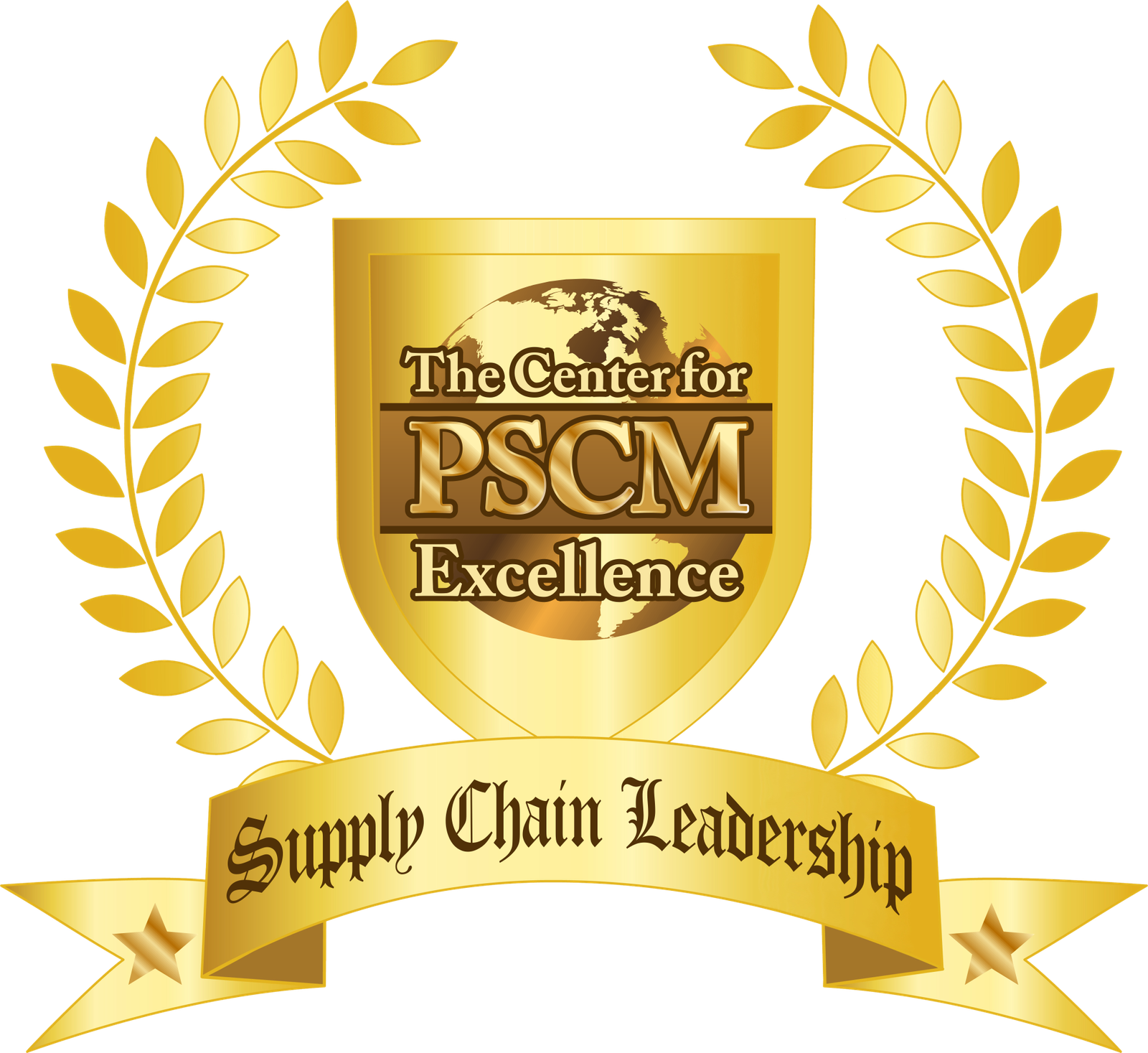
One of my great joys is to go out to my orchard and take care of the trees, eat the varying fruits, and enjoy the shade the trees provide as well. I have about 100 or so fruit trees of varying varieties that I planted years ago. I give to them and they give back to me. It’s a great win/win deal.
I don’t know if any of you remember how much better supermarket fruit tasted in the 1980’s (keep reading, we’re going to talk about TCO in a minute). Take the example of apricots. They used to be soft, aromatic, juicy, and flavorful. You could smell the aroma before ever biting into them. What happened?
Now when you go to the store, the apricots look as good as ever – beautiful color yellow with a tinge of red. The taste though. Let’s talk about the taste. Hard, no smell, no juice, no flavor. Something happened, and it’s not your imagination. It’s all about TCO. The suppliers have pulled a fast one on the buying community.
You see, up until the late 1970’s, farmers planted a variety of apricot called Royal Blenheim. It had this great taste, flavor, texture, and aroma that consumers loved. But this wonderful fruit had TCO problems.
Their softness and juiciness resulted in a high damage rate in shipping (not to mention birds pecking on them while still on the tree). It also resulted in them going quickly bad at the supermarket, resulting in a low shelf life. The selling community was giving buyers what they wanted, but they weren’t making enough money.
The suppliers decided to fix the problem. No more Royal Blenheim apricot trees were planted again. They were all replaced with varieties called Tilton and Patterson. Tilton and Patterson were both very high producing trees of hard, dry, non-aromatic long shelf life, very wonderfully colored apricots. Birds hated them too.
And these fruits had a wonderful TCO for the suppliers, because buyers (consumers) didn’t realize that their VALUE proposition had changed. The problem is that buyers were looking for two things: appearance and price. The appearance of the fruit actually improved, and the price didn’t change.
The suppliers arranged for a win/lose deal. Profits on apricots increased and thirty or so years later, consumers (the buyers) still haven’t figured out what hit them.
This doesn’t just happen in the agriculture industry. I’m just using this example because I know all of you can relate to it. It can happen in ever contract you sign up to with a supplier.
Don’t ever forget, all of your suppliers are in the business of making profit. That’s their job. Therefore, they are always looking for ways to change the TCO value proposition.
I see so many purchasing professionals that write their contracts in such a way that allow or worse yet -even encourage – the supplier to find creative ways to cut their costs while not breaching the contract.
I focus a great deal in my seminars, personal coaching, group coaching, and consulting efforts on ensuring that purchasing organizations and purchasing professionals are buying PERFORMANCE RESULTS instead of goods and services.
When you write a contract to be buying goods and services instead of performance results, you are *encouraging and inviting* TCO value proposition change. When you include measurable performance results criteria in the contract, you are making the supplier on the hook to make sure the value proposition doesn’t change, or even improves.
For instance, if you write a janitorial contract that only states how often particular activities need to be done, the supplier can make their own interpretations of minimal resources (personnel, chemicals, procedures, etc) needed to do such activities in order to minimize costs.
They can be in full compliance to the contract, and you might still not be happy at all! The reason is that you bought services instead of performance results. If you inserted measurable contract criteria for what it looks like when they are done cleaning each area, then you have prevented the supplier from changing the value proposition.
You will have forced them to provide you with performance results instead of just simply services.
Are you writing your contracts in a way to encourage supplier profit maximization? Have you documented your TCO value proposition and turned those into contractual supplier performance results criteria?
If you are not careful with how you define the value proposition in your contracts, then you are letting the supplier determine how to minimize scope and maximize profits, all while staying in compliance with the contract.
What you want is to enjoy the sweet fruits of TCO, but it doesn’t come easy. You have to exercise diligence in how you write your contracts. As for enjoying sweet juicy apricots again, I’m afraid you’re just going to have to plant your own tree.
BTW, please connect with me on LinkedIn at: www.linkedin.com/in/omidghamami/ I always try to answer questions and help when I can.
SPECIAL OFFER! Learn The Secrets To CATAPULT Your Purchasing Results, Career & Income Potential… GUARANTEED!
Go to: http://www.PurchasingAdvantage.com/SpecialOffer and get your Membership Now!


